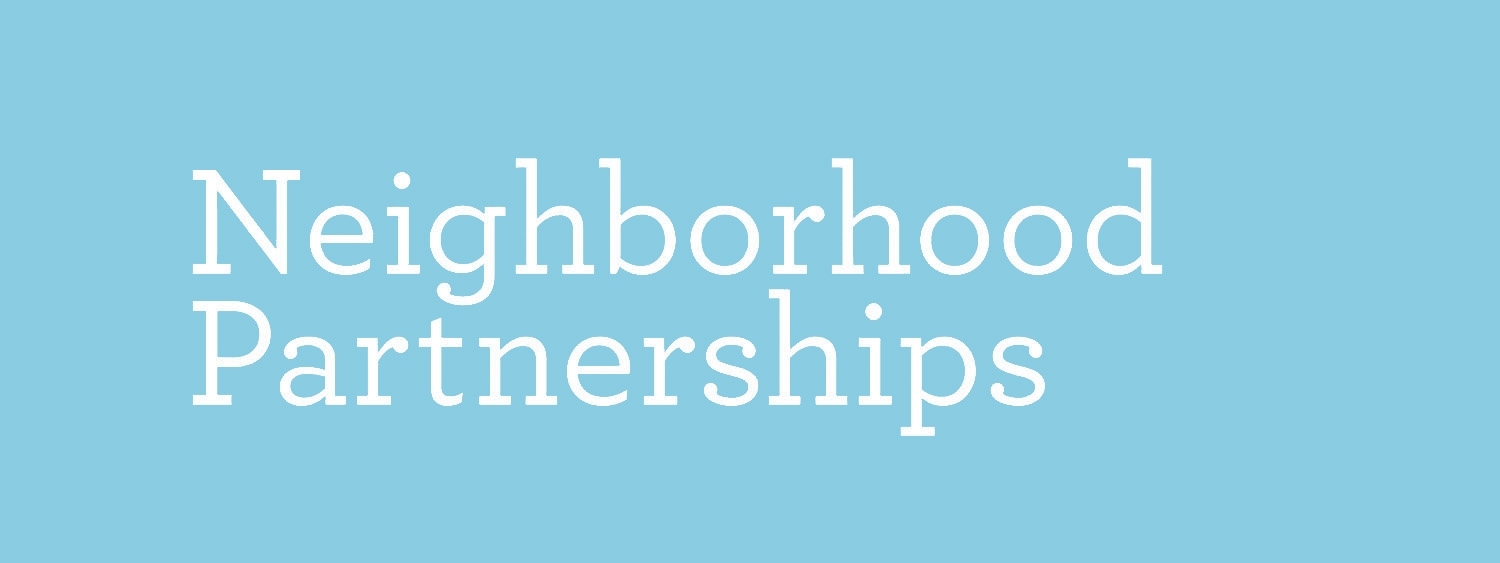2022 Housing Alliance Endorsements
In addition to our priority agenda, the Housing Alliance supported a number of proposals from members, advocates, and Legislators. These proposals create resources and programs to help people access stable housing, develop more affordable housing, stabilize families in their homes, and address homelessness. In 2022, the Housing Alliance endorsed the following proposals:
Homelessness Prevention & Rapid Rehousing (Budget Request): The Legislature should provide $100 million in flexible funding for community action agencies, community based organizations, and culturally specific organizations for housing stability and homelessness prevention services. Funds could be used to provide emergency rent assistance, rapid re-housing, moving expenses, application fees, temporary shelter, and more. U.S. Census Pulse data shows us that nearly 95,000 Oregon Households lack confidence they can pay next month’s rent. While the pandemic is receding, the economic crisis is expanding. The Omicron surge caused further substantial disruption in work, school, health, and other areas, putting people further behind. At the same time, the cost of living surges have outpaced wage increases, and it’s getting harder to pay the rent. Result: Success! The Legislature invested $80 million in homelessness prevention and response as part of HB 5202.
Screening Fees (HB 4125): People who rent their homes face many barriers when trying to rent new apartment homes for themselves and their families. They may be forced to apply to several apartments, and pay a new fee for each adult in the household with each application. While the law requires landlords to return fees for applicants they do not screen, there are limited avenues for tenants to understand their rights. HB 4125 would create more transparency and strengthen requirements related to returning a screening fee. Result: This bill did not move forward in 2022.
City and County Homeless Services Pilots (HB 4123): This proposal would create and fund 8 pilot sites across Oregon to support cities and a county to work together to address homelessness. Currently, many local jurisdictions lack the staff capacity needed to address homelessness. The funding require cities and counties would work to increase coordination, integrate racial equity into their planning, and work to continue funding the work after the pilot was concluded. Result: Success! This bill was passed in 2022!
Support for emergency shelter and safety services for domestic violence and sexual assault survivors: The state’s network of confidential, community-based, culturally specific, and Tribal Nation domestic and sexual violence service providers are struggling to meet increased need during this time of continued crisis. In 2020, state data shows that there were 6,746 unmet requests for shelter in 2020 due to lack of capacity. Access to safe shelter and safety services reduces future danger to victims and their children. The Oregon Domestic and Sexual Violence Services fund (ODSVS) needs a $10 million one-time investment to ensure the shelter program network can meet the need through the end of the pandemic and its aftermath. Result: Success! The Legislature invested $10 million in ODSVS as part of HB 5202.
Funding for 211 Info (Budget Request): This proposal would provide 211 Info with $1 million to operate services 24 hours a day, seven days a week for the remainder of the biennium. Result: Success! The Legislature invested $1 million in 211 as part of HB 5202.
SB 8 Technical Fix (HB 4051): SB 8 (2021) included provisions which allowed affordable housing to be built on land that was zoned commercial, publicly owned, or religiously owned, or the land was owned by a public body or a religious institution. Unfortunately the bill contains a small error. In Section 1(2)(a), it says “the housing is owned by” when it should say “the land is owned by”. This must be fixed in order for the full impact of SB 8 to be available to affordable housing developers. Result: Success! This bill was passed in 2022!
Right to Cooling (SB 1536): The impacts of climate change in Oregon and globally are continuing to accelerate. Over the past year, parts of Oregon has been impacted by extreme heat, flooding, extreme cold, and ice. During the extreme heat events over the summer of 2021, over sixty people died due to heat exposure, including renters with low incomes. BIPOC communities and low income communities will be disproportionately impacted by the continuing negative impact of climate change, and solutions are needed. This concept provides resources for cooling including air conditioners and ductless heat pumps for people with low incomes; requires that landlords allow tenants to install either window or portable air conditioners or provide cooled spaces for tenants, with certain regulations. Result: Success! This bill was passed in 2022!
Equity Investment Act (SB 1579): The Equity Investment Act would create an Economic Equity Investment Program within Business Oregon to develop and award grants to organizations that provide “culturally responsive services” to support (1) economic stability, (2) self-sufficiency, (3) wealth building, (4) and economic equity among individuals and families of color, businesses owned by, and communities of color. The Act requests $50 million in general fund. Result: Success! This bill was passed in 2022! Unfortunately, the Legislature only funded this effort at $15 million.
Manufactured Home Park Omnibus Technical Changes (HB 4064): This bill makes a range of technical changes to manufactured home park laws to protect residents of parks returning after the wildfires of 2020, and makes it easier to build new manufactured home parks or place manufactured homes on privately owned land. Result: Success! This bill was passed in 2022!



